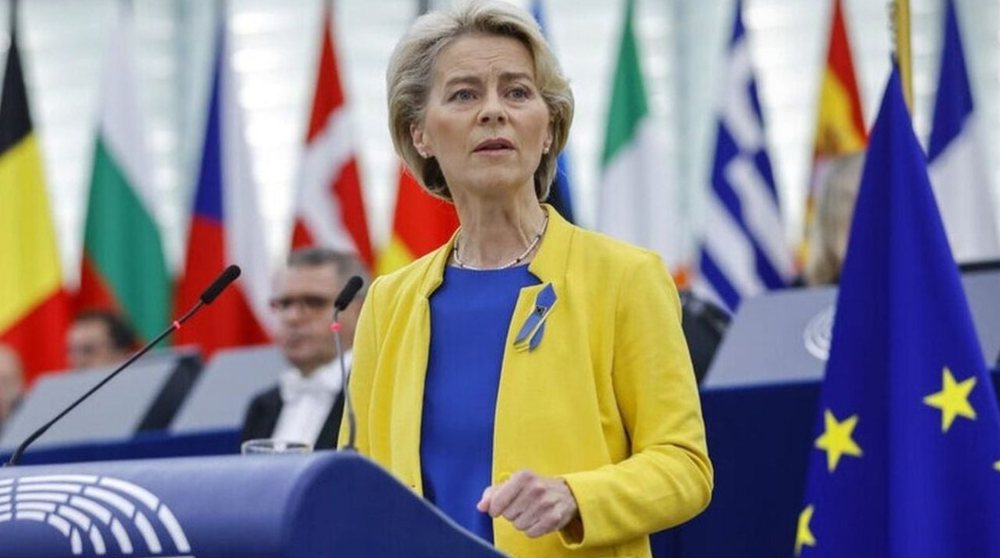
In an unprecedented development in the European Parliament, the Left Group has tabled a motion of no confidence against the European Commission and its president, Ursula von der Leyen. The announcement was made this morning, marking one of the strongest challenges to the Commission's leadership in recent years.
The no-confidence motion has been tabled by a coalition of 72 MEPs, led by the Left Group, and calls for the resignation of the entire College of Commissioners. According to the MEPs supporting the motion, President von der Leyen and her team have approved a series of trade agreements without a democratic mandate, have failed to react to the systematic violations of international law by the Israeli government in Gaza, and have shown clear shortcomings in transparency and accountability.
Specifically, the motion criticizes:
The EU-US agreement, under which the European Union yielded to every demand of former President Donald Trump;
The EU-Mercosur agreement, which was signed without the support or democratic mandate of European citizens;
The Commission's inability to address the social and climate crisis, especially after the sharp setback that occurred under the guise of the so-called "simplification agenda".
Events also became tense yesterday during Ursula von der Leyen's speech, when MEPs from the Left, Socialists and Greens protested by wearing red T-shirts and standing on chairs, to express their dissatisfaction with the Commission's supportive stance towards Israel's actions in Gaza.
Costas Arvanitis, Vice-President of the Left Group in the European Parliament, described the Von der Leyen Commission as “inadequate”, stressing that the so-called “28th regime” proposal for the functioning of “innovative” companies is an instrument that threatens workers’ rights. He stressed: “Enough with the rejection of labour rights! We demand full respect for European minimum standards, meaningful representation of workers, safeguard clauses against social exclusion and a serious impact assessment with the participation of trade unions. Technological progress will not become an alibi for the demolition of social achievements. The 28th regime is another reason why Mrs von der Leyen’s European Commission is considered inadequate.”
The motion of no confidence highlights the serious challenges facing the European Commission in maintaining citizens' trust and ensuring open, transparent and accountable governance. Further procedures will determine whether the motion will come to a vote and what its impact will be on the current executive of the European Union.






















